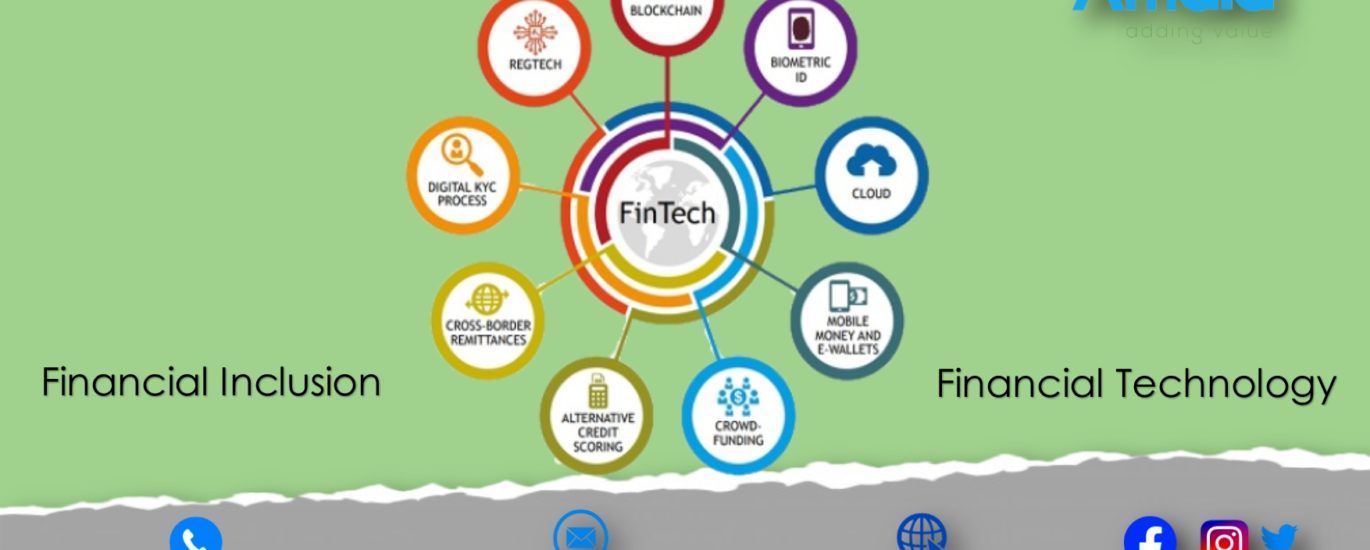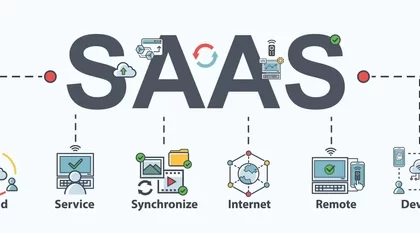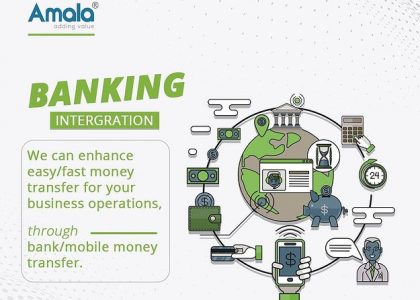Financial inclusion is where individuals and businesses have access to useful and affordable financial products and services that meet their needs that are delivered responsibly and sustainably. Financial inclusion is defined as the availability and equality of opportunities to access financial services. Those that promote financial inclusion argue that financial services can be viewed as having significant positive externalities when more people and firms participate.
The term “financial inclusion” has gained importance since the early 2000s, a result of identifying financial exclusion and it is a direct correlation to poverty according to the World Bank. The United Nations defines the goals of financial inclusion as follows:
- Access at a reasonable cost for all households to a full range of financial services, including savings or deposit services, payment and transfer services, credit and insurance.
- Sound and safe institutions governed by clear regulation and industry performance standards.
- Financial and institutional sustainability, to ensure continuity and certainty of investment.
- Competition to ensure choice and affordability for clients.
Financial inclusion and bank stability
The theoretical and empirical evidences on the link between financial inclusion and bank stability are limited. Banking literature indicates several potential channels through which financial inclusion may influence bank stability. A recent study appeared in Journal Economic Behavior & Organization. A robust positive association between financial inclusion and bank stability. The authors show that the positive association is more pronounced with those banks that have higher retail deposit funding share and lower marginal costs of providing banking services; and also, with those that operate in countries with stronger institutional quality.
Evidence on the effectiveness of financial inclusion interventions
A systematic review of reviews by the Campbell Collaboration in 2019 assessed the available evidence on the effectiveness of financial inclusion programs to improve economic, social, behavioral and gender-related outcomes in low- and middle-income countries. They found that results from research have been mixed and programs to improve access to financial services often have small or inconsistent effects on income, health, and other social outcomes. The review showed that programs geared toward savings opportunities had small but more consistently positive effects, and fewer risks, than credit-oriented programs.
Amala Core Banking gives you the best loan management feature which you can view loan details including repayments, loan terms, loan schedule, collateral, files, and comments. You can also print loan statements and schedule for your borrowers. Set loan fees, grace period, and penalties.
Moreover, Amala Core Banking is the best software system that is determined to transform the operations of the financial sector through giving easy and best access to Microfinances and SACCOS in Tanzania. Taking this global approach Amala Core Banking is to make sure a customer is equipped with multiple solutions that will not only ease his works but also perform them with quality and standards. It is a recommendable solution that will lead your business towards growth. Amala Core Banking has a team of inspired professional dedicated to giving you the best service at any time you need a service. Choose Amala Core Banking to Choose the Best Financial Inclusion Solution.
Visit us today at https://amala.co.tz or Reach to us on a call; +255 76 652 1258 and give your business an added value that will transform it to massive growth.








